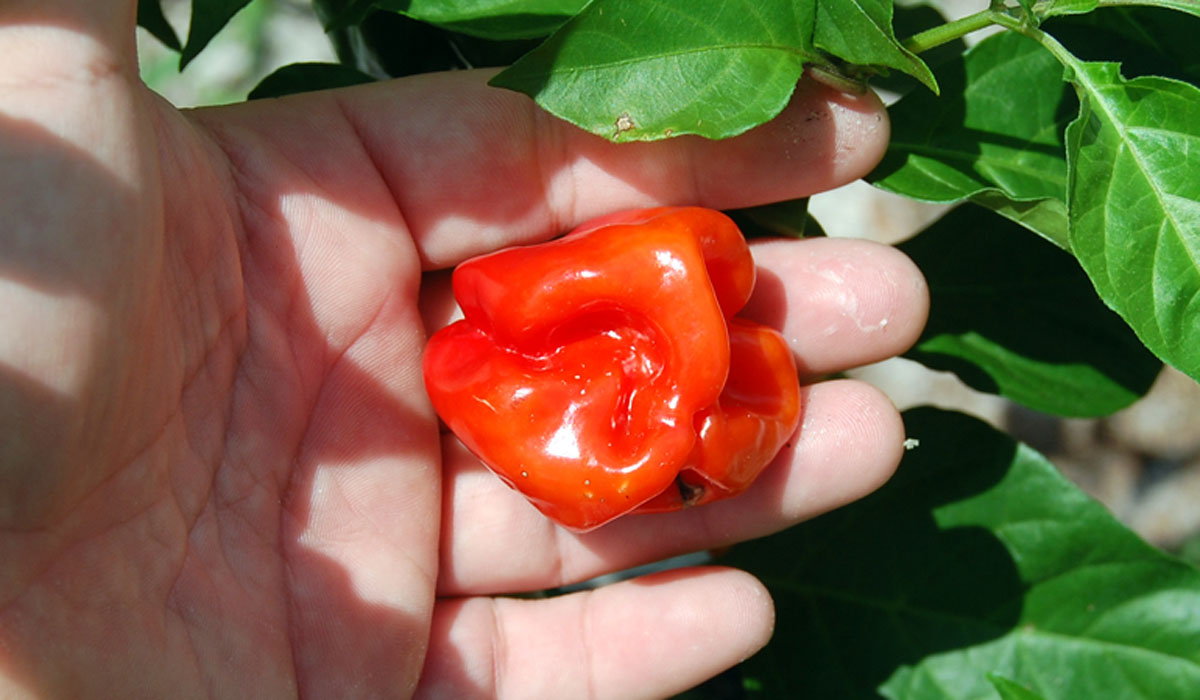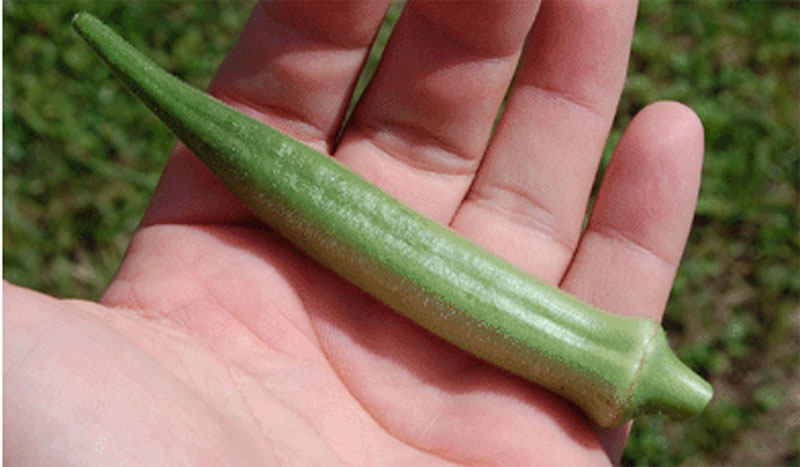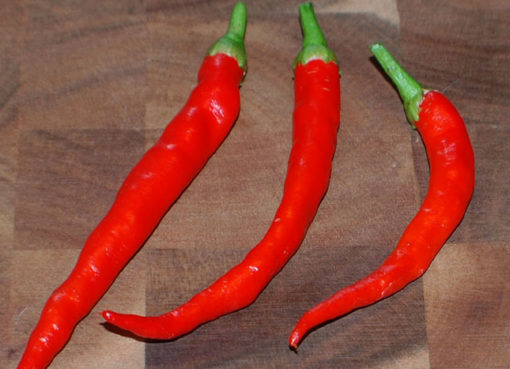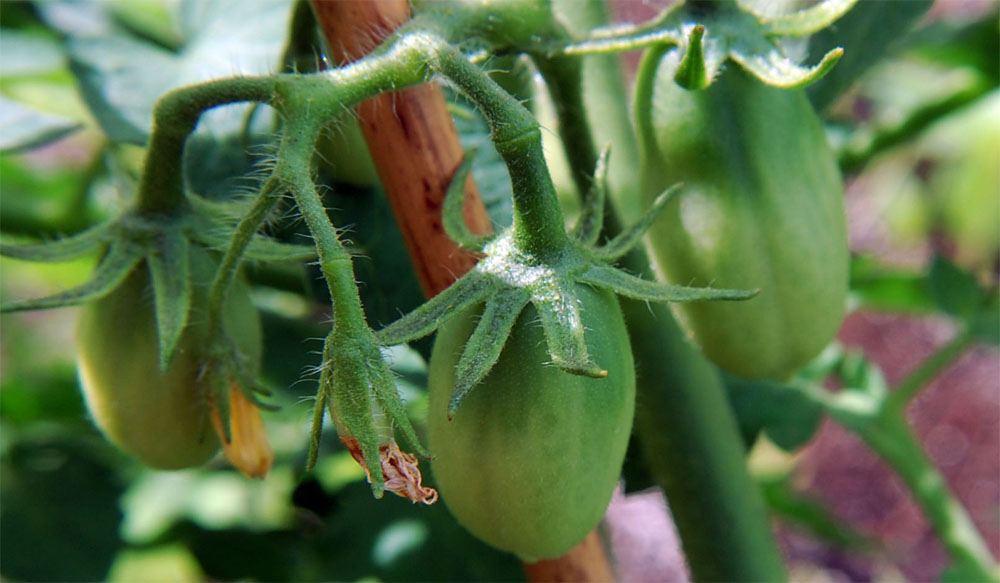One of the most popular crops to grow during the heat of a Zone 9 summer is hot peppers. Hot Peppers can range in heat from a mild warmth to melt your face off on fire, but while there is quite a bit of variation is pepper variation the techniques to get the most heat out of any particular pepper are the same.
Water only when needed.
One of the most common reasons for peppers being far less hot than expected is over watering. Hot peppers are often originally from hot and dry climates and they will produce their best peppers when these conditions are simulated in the home garden.
The soil that peppers are grown in should be kept fairly dry. The amount of moisture in the soil should be kept to a minimum, watering hot peppers only when the leaves start to show the first signs of wilting. Watering more frequently will lead to a more mild pepper than expected! If there is a lot of rain keeping soil dry could be difficult, so keeping hot peppers in containers is a great way to control the amount of water they are given.
Excess Nitrogen
Many commercial fertilizers contain high levels of nitrogen that is readily available to the plant. This nitrogen causes the plant to grow rapidly and put much of its energy into growing the plant and not the peppers. The end result will be a larger plant with an often-lower yield of less hot peppers.
The best way to fertilize pepper plants is to use natural fertilizers such as compost. These fertilizers are very balanced and not very high in nitrogen. The nutrients in natural fertilizers are slow release and do not overwhelm the plant.
If a high quality compost is not available look for fertilizers that have low nitrogen content. Natural fertilizers that work well include fish emulsions that are in the 2-4-1 nutrient range.
Learn more about NPK here.
Add Sulfur
Commonly commercially available fertilizers and even many natural fertilizers lack sulfur. Sulfur is used in plants to create compounds, such as protein chlorophyll and various enzymes. Sulfur is used at about the same rate as nitrogen by plants, but is still considered a secondary nutrient because it is often available in most soils.
Adding extra sulfur to the soil and the foliage of Hot Pepper plants will help the plant build compounds that lead to a hotter pepper. Dissolved Epson salts sprayed on the soil and foliage of a hot pepper plant twice a season should be plenty of addition sulfur.
Proximity to Mild Peppers
Most pepper plants will freely cross-pollinate with each other. The results of a mild pepper (such as a bell pepper) crossing with a hot pepper often could be a more mild hot pepper. The resulting seeds from these hybrid peppers will be quite variable from hot to mild peppers as well.
Keeping mild and hot peppers, and even different heat levels of hot peppers away from each other helps eliminate the cross-pollination of peppers.
Conclusion
While all of the above techniques will help to produce hotter hot peppers, environmental factors also affect hot peppers. Hot temperatures are needed by many hot peppers but control of the weather is not possible, yet at least, so by controlling the amount of water a plant gets, not allowing excess amounts of nitrogen, adding sulfur and keeping mild peppers a good distance away hot peppers will be encouraged to produces the hottest peppers that they can.







Comment here